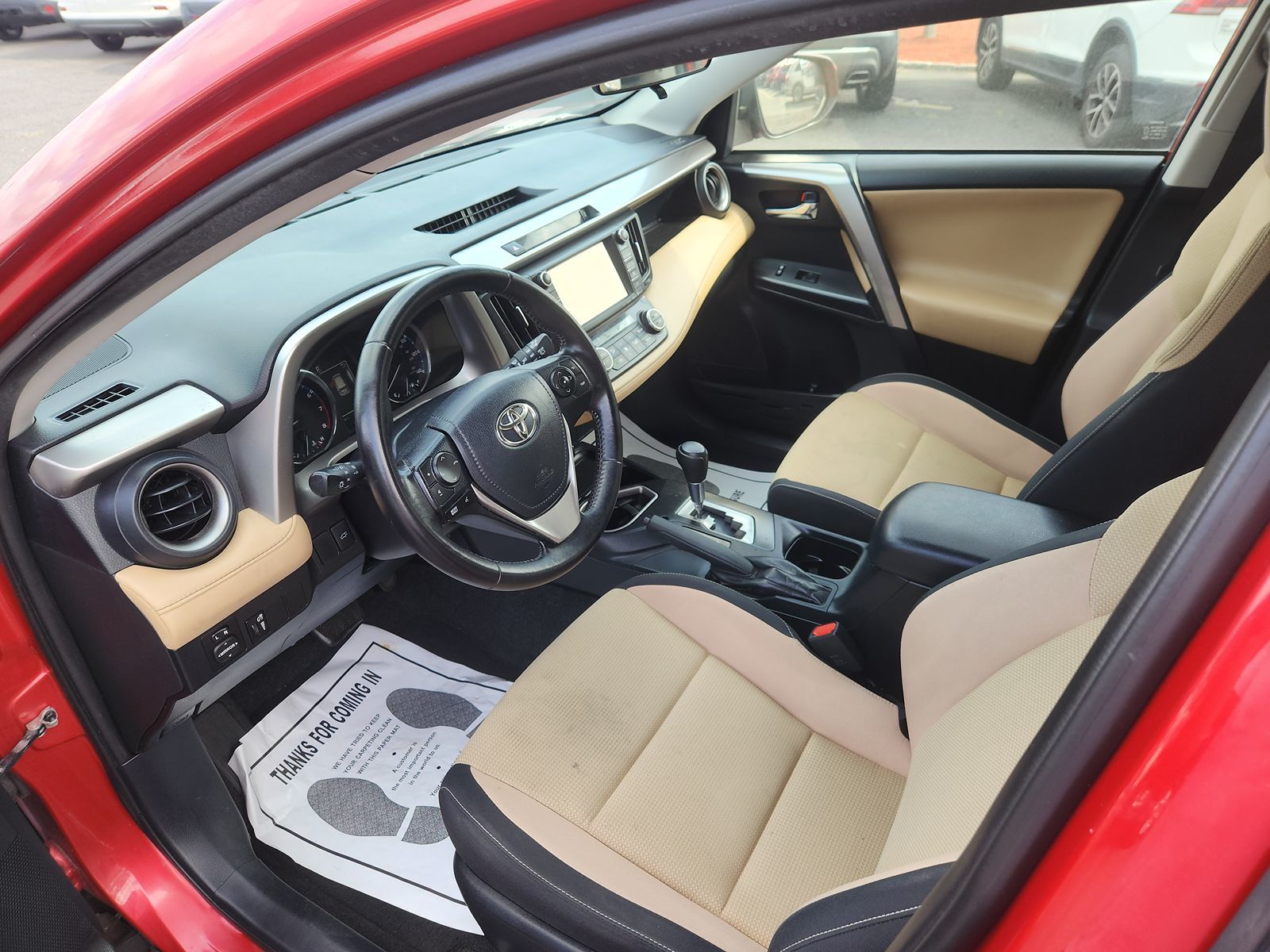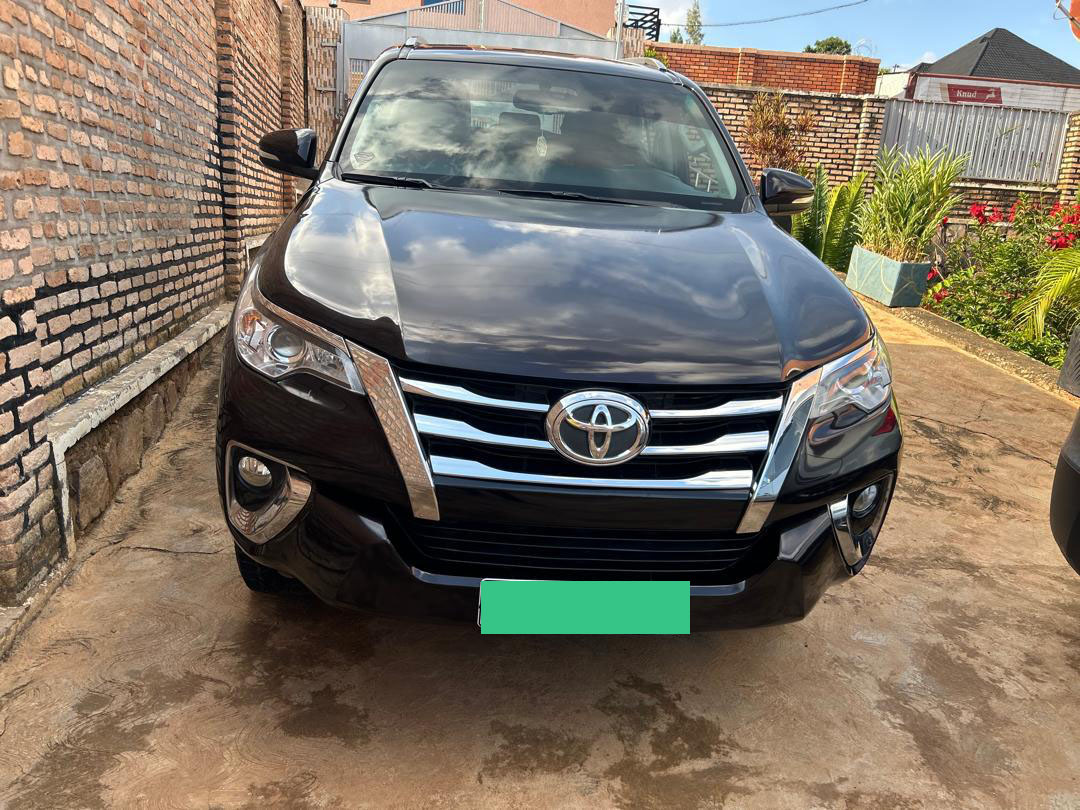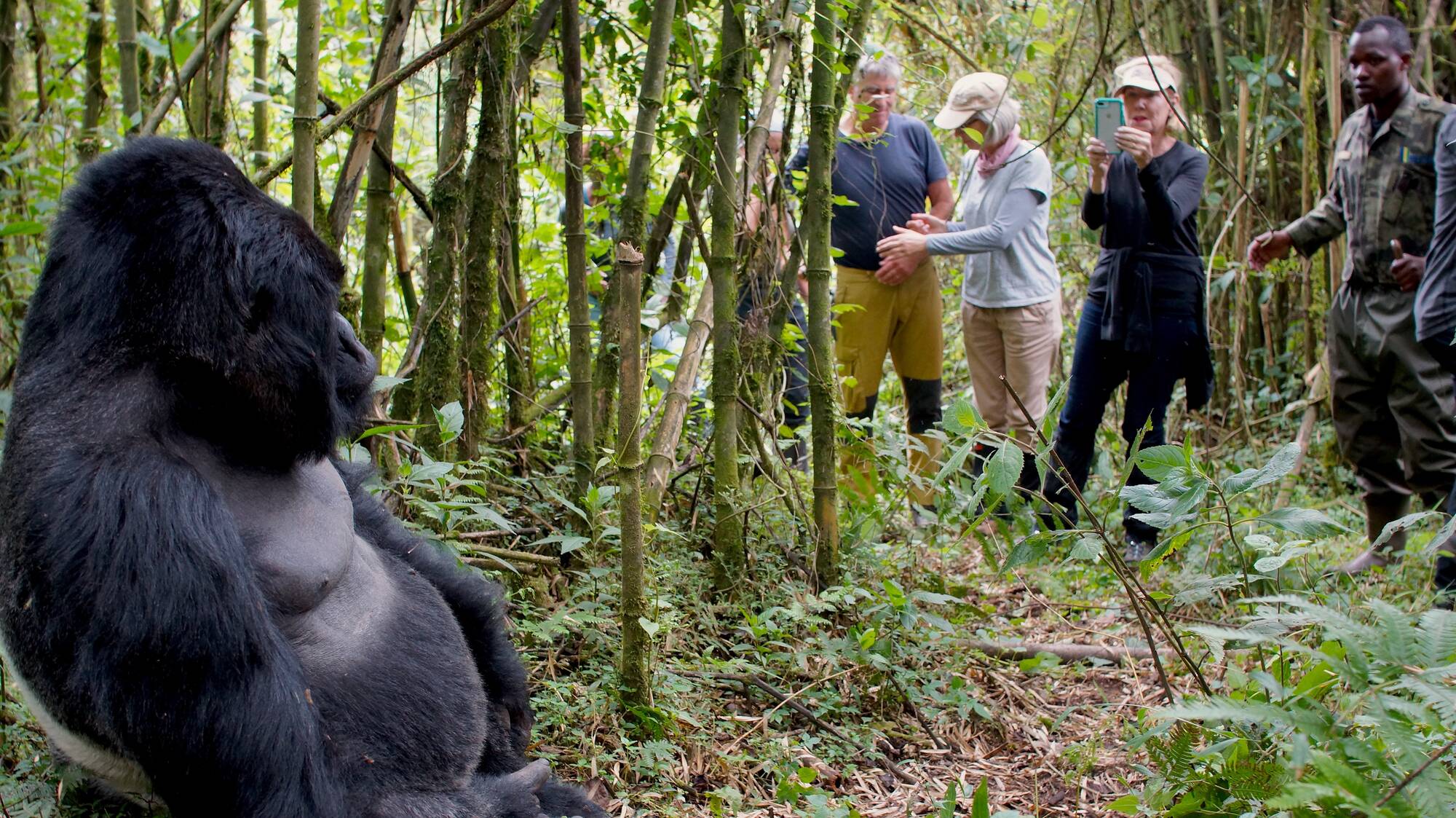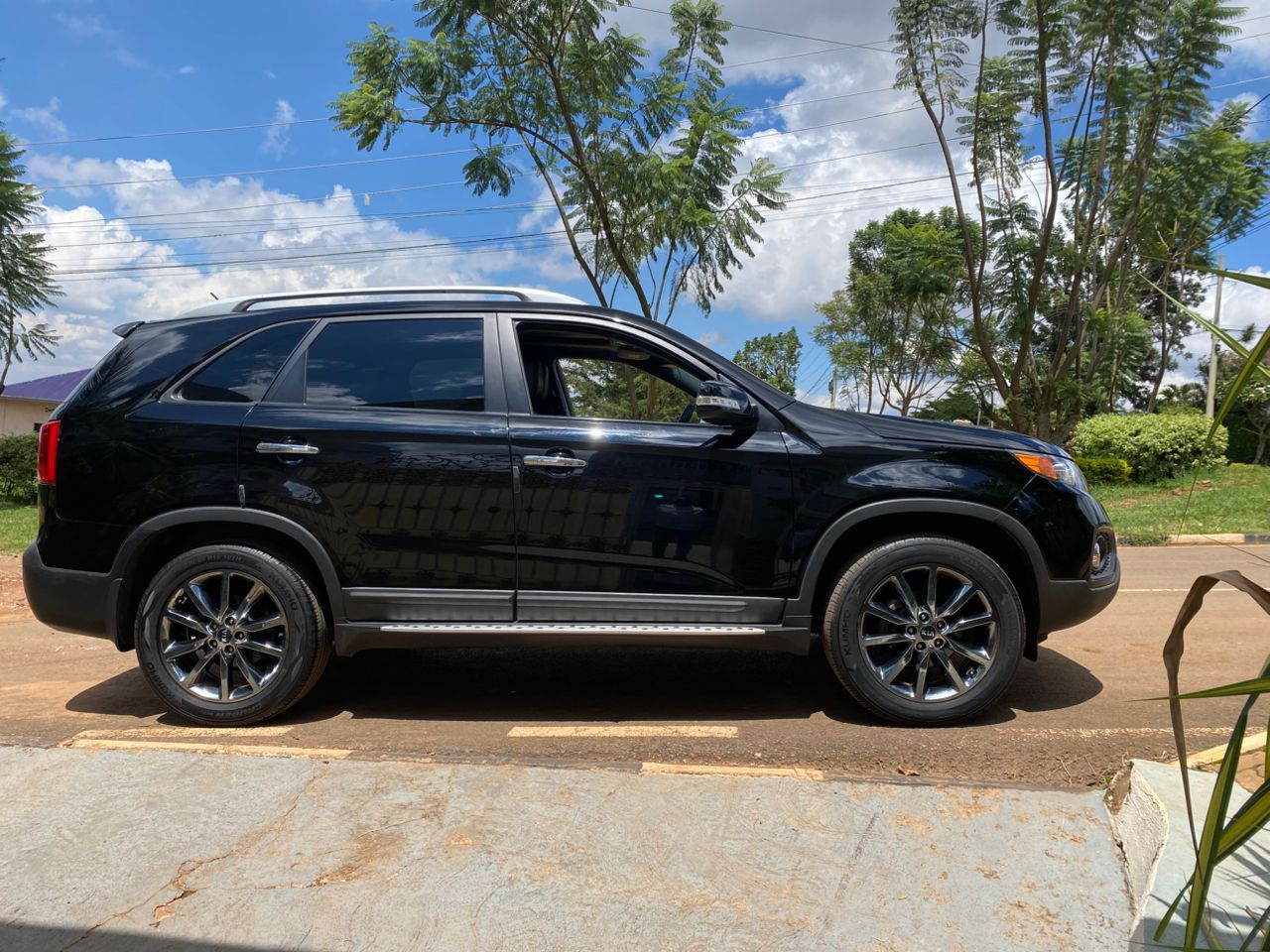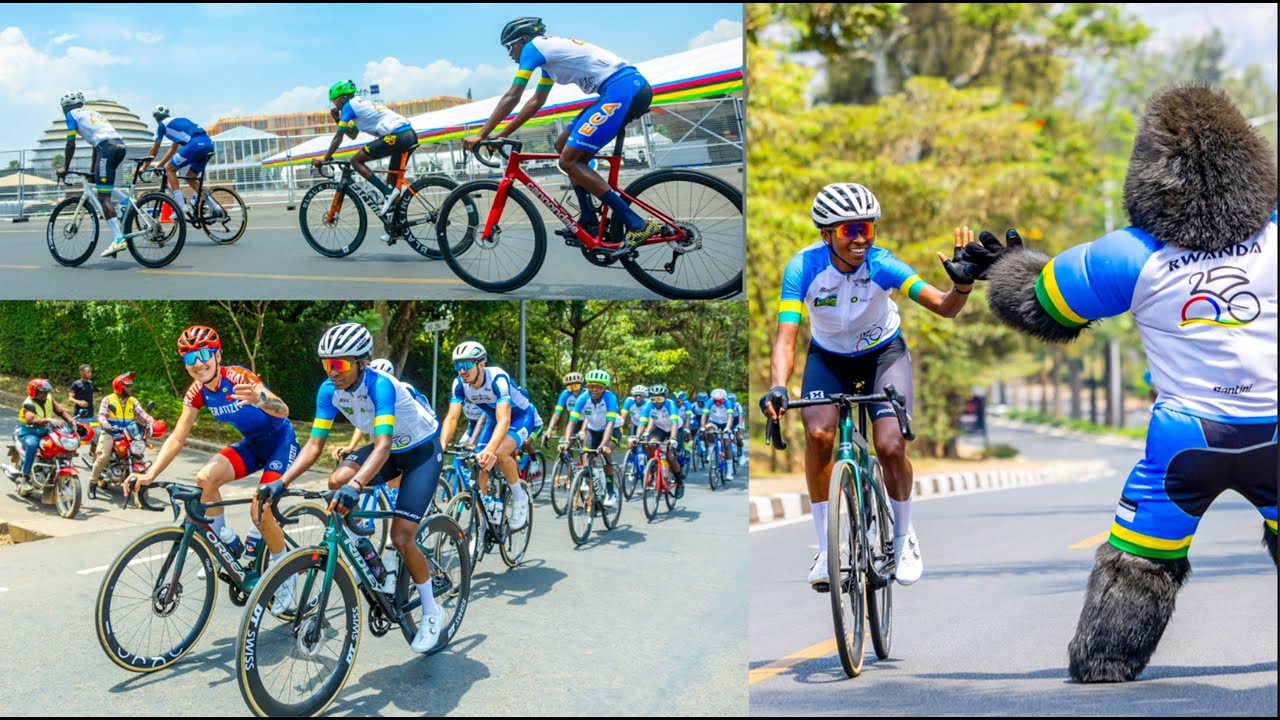Rwanda Wildlife Safari
Rwanda Wildlife Safari: Your Ultimate Guide to Exploring the Land of a Thousand Hills
Rwanda, known as the "Land of a Thousand Hills," offers some of Africa's most extraordinary wildlife experiences. From mountain gorillas in misty forests to the Big Five roaming vast savannas, Rwanda presents countless opportunities for wildlife enthusiasts seeking authentic safari adventures. Planning your wildlife safari requires careful consideration of transportation, and choosing the right vehicle rental service becomes crucial for accessing remote national parks and maximizing your wildlife viewing opportunities.
Why Choose Rwanda for Your Wildlife Safari
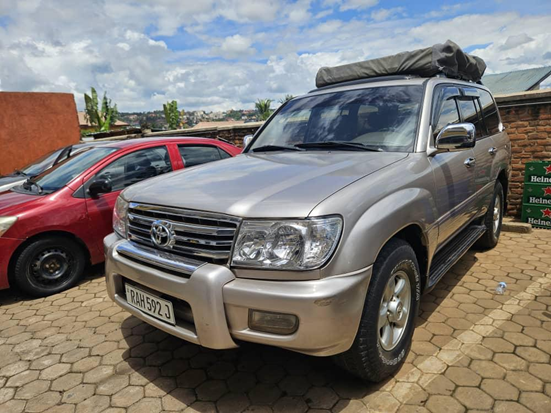
The country's compact size makes it possible to experience multiple ecosystems during a single visit. However, accessing these diverse landscapes requires reliable transportation, making professional car rental services essential for safari success. Many travelers discover that renting a 4x4 vehicle provides the flexibility and reliability needed to navigate Rwanda's varied terrain while maintaining comfortable travel standards.
Akagera National Park: The Big Five Experience
Akagera National Park stands as Rwanda's premier savanna safari destination, covering over 1,100 square kilometers of diverse ecosystems. The park's successful conservation efforts have reintroduced lions and rhinos, completing the Big Five lineup alongside elephants, leopards, and buffalo. Exploring Akagera requires proper vehicle preparation, as the park's roads vary from well-maintained tracks to challenging seasonal routes.
Game drives in Akagera offer exceptional wildlife viewing opportunities throughout the day. Early morning drives often yield the best predator sightings, while afternoon excursions provide excellent opportunities for photographing large herbivore herds. Planning multiple-day stays allows for comprehensive park exploration, and many visitors combine their safari with boat trips on Lake Ihema to observe hippos, crocodiles, and diverse waterbird populations.
The park's northern region features rolling hills and acacia woodlands ideal for spotting giraffes, zebras, and various antelope species. Visitors planning extended stays often benefit from long-term vehicle rental arrangements, which provide cost-effective solutions for comprehensive park exploration while ensuring reliable transportation throughout their safari experience.
Volcanoes National Park: Mountain Gorilla Encounters
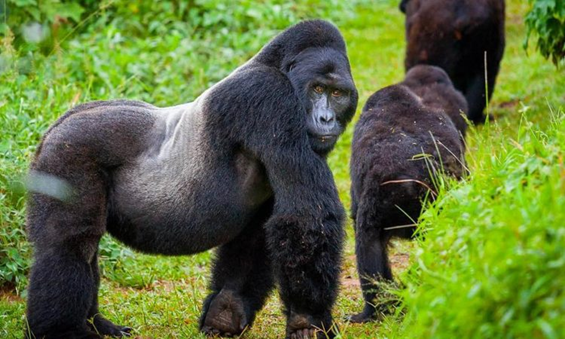
Beyond gorilla encounters, the park offers golden monkey tracking, volcano hiking, and cultural experiences with local communities. Mount Bisoke hiking provides adventurous travelers with spectacular crater lake views, while visits to nearby cultural sites offer insights into traditional Rwandan life. The Ibyiwacu Cultural Village experience allows visitors to engage with local traditions and learn about conservation efforts benefiting both wildlife and communities.
Transportation to Volcanoes National Park requires careful planning, as the journey from Kigali involves mountainous roads that can be challenging during rainy seasons. Professional drivers familiar with mountain terrain provide valuable expertise for navigating these routes safely while sharing local knowledge about wildlife and conservation efforts.
Nyungwe National Park: Rainforest Biodiversity
Nyungwe National Park protects one of Africa's largest remaining montane rainforests, hosting an incredible diversity of primates, birds, and plant species. The park's chimpanzee tracking experiences offer intimate encounters with our closest living relatives, while the famous canopy walkway provides unique perspectives on forest ecosystems from 50 meters above the ground.
The park's extensive trail network accommodates various fitness levels and interests, from short nature walks to multi-day hiking adventures. Birdwatchers particularly value Nyungwe's diversity, with over 300 recorded species including numerous Albertine Rift endemics. Many visitors combine primate tracking with waterfall hikes and botanical walks to fully appreciate the forest's complexity.
Accessing Nyungwe requires reliable transportation capable of handling mountain roads and variable weather conditions. The journey from Kigali involves scenic drives through tea plantations and rural communities, making the trip itself part of the overall wildlife safari experience.
Planning Your Rwanda Wildlife Safari
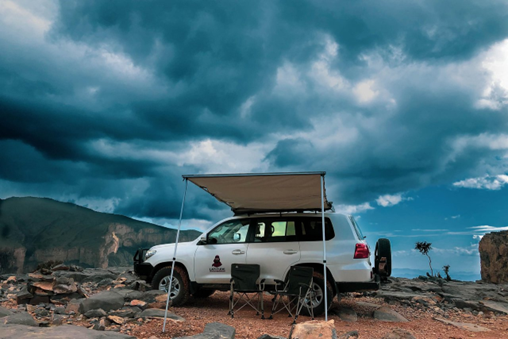
Choosing appropriate vehicle rental options depends on your specific itinerary, group size, and comfort preferences. Solo travelers and couples often find compact 4x4 vehicles adequate for most safari activities, while larger groups may require spacious SUVs or specialized safari vehicles. Many visitors discover that hiring professional drivers enhances their experience by providing local expertise and eliminating navigation concerns.
Accommodation options range from luxury lodges to budget-friendly campsites, with many properties offering package deals including transportation and guided activities. Camping enthusiasts can arrange specialized vehicle rentals equipped with rooftop tents and camping equipment for authentic bush experiences.
Essential Safari Equipment and Preparation
Wildlife safaris require specific equipment and preparation to ensure safety and maximize enjoyment. Quality binoculars, telephoto camera lenses, and weather-appropriate clothing form the foundation of safari gear. Many rental companies provide additional safari equipment, including coolers, camping chairs, and navigation systems to enhance the overall experience.
Physical preparation varies depending on chosen activities, with gorilla trekking requiring moderate fitness levels due to potentially challenging terrain and altitude. Visitors planning multiple activities often benefit from flexible itineraries allowing for rest days and spontaneous wildlife viewing opportunities.
Health considerations include required vaccinations, malaria prevention measures, and basic first aid preparation. Travel insurance covering adventure activities provides additional peace of mind for wildlife enthusiasts engaging in potentially risky activities like gorilla trekking or volcano hiking.
Transportation Options for Wildlife Safaris
Vehicle selection significantly impacts safari experiences, comfort levels, and access to remote wildlife areas. Standard sedan vehicles prove adequate for basic park access and lodge transfers, while 4x4 vehicles provide enhanced capability for off-road exploration and challenging weather conditions.
Self-drive safaris offer maximum flexibility for independent travelers comfortable navigating unfamiliar terrain and managing their own schedules. However, guided tours with professional drivers provide valuable local knowledge, wildlife spotting expertise, and cultural insights that enhance the overall safari experience.
Many visitors combine different transportation options throughout their stay, using comfortable vehicles for long-distance travel and specialized safari vehicles for game drives and park exploration. This approach maximizes both comfort and wildlife viewing opportunities while accommodating various budget considerations.
Cultural Integration and Community Tourism
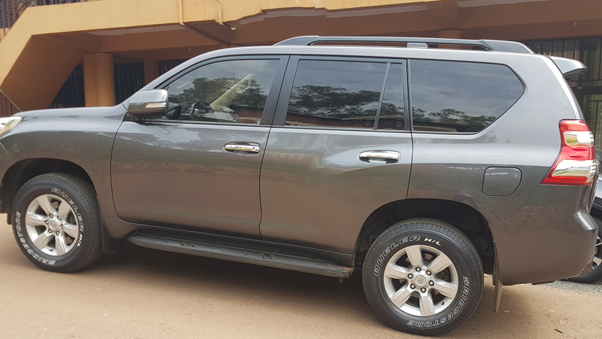
Many wildlife lodges employ local guides and staff, creating economic incentives for wildlife protection while providing authentic cultural exchanges. Visitors interested in cultural experiences can arrange homestays, traditional craft workshops, and community-led conservation tours that complement their wildlife viewing activities.
Transportation arrangements for cultural activities often require local knowledge and community connections that professional tour operators provide. These experiences enrich wildlife safaris by demonstrating the human dimensions of conservation efforts and the interconnections between wildlife protection and community welfare.
Safety Considerations for Wildlife Safaris
Wildlife safaris involve inherent risks that require proper preparation and professional guidance. Vehicle safety features become particularly important when traveling in remote areas with limited emergency services access. Reliable communication equipment, comprehensive first aid supplies, and emergency evacuation insurance provide essential safety nets for wildlife enthusiasts.
Professional drivers trained in wildlife encounter protocols understand appropriate distances from animals, emergency procedures, and park regulations that protect both visitors and wildlife. Many visitors discover that guided experiences provide enhanced safety while offering educational opportunities that independent travelers might miss.
Weather conditions can change rapidly in mountainous regions, affecting road conditions and visibility. Vehicle preparation for various weather scenarios includes appropriate tires, emergency supplies, and communication equipment for maintaining contact with support services.
Budget Planning for Rwanda Wildlife Safaris
Wildlife safari costs vary significantly based on accommodation choices, transportation preferences, and activity selections. Budget-conscious travelers can find affordable vehicle rental options that provide reliable transportation without compromising safety or basic comfort requirements.
Gorilla tracking permits represent the largest single expense for most visitors, currently priced at $1,500 per person. However, combining multiple activities and extended stays often provides better value while allowing for more comprehensive wildlife experiences. Many lodges offer package deals including accommodation, meals, transportation, and guided activities.
Long-term vehicle rentals provide significant cost savings for extended stays, while group bookings often qualify for discounts on both transportation and accommodation. Seasonal timing affects pricing, with shoulder seasons offering reduced rates for budget-conscious wildlife enthusiasts.
Conservation Impact and Sustainable Tourism
Rwanda's wildlife conservation success story demonstrates the positive impacts of sustainable tourism on endangered species protection and habitat preservation. Tourism revenue directly funds anti-poaching efforts, habitat restoration projects, and community development initiatives that reduce human-wildlife conflict.
Responsible safari operators prioritize environmental protection through waste reduction, carbon offset programs, and support for local conservation initiatives. Visitors can contribute to these efforts by choosing environmentally conscious tour operators, minimizing waste, and respecting wildlife viewing guidelines.
Educational components of wildlife safaris help visitors understand conservation challenges and success stories while inspiring continued support for protection efforts. Many visitors return home as wildlife conservation advocates, extending the positive impacts of their Rwanda safari experiences.
Conclusion
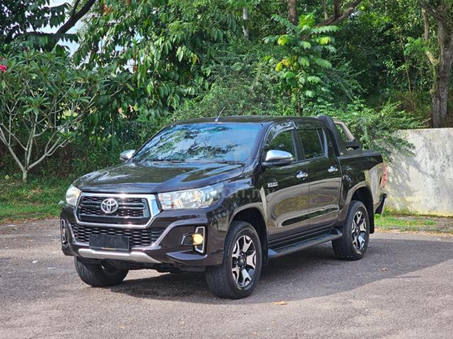
Planning successful wildlife safaris requires careful consideration of transportation options, timing, and logistics that professional rental services can provide. Whether you choose self-drive adventures or guided experiences with professional drivers, reliable transportation remains essential for accessing remote wildlife areas and maximizing viewing opportunities.
Rwanda's commitment to conservation, combined with world-class tourism infrastructure, creates ideal conditions for memorable wildlife encounters that benefit both visitors and the species they come to observe. Your Rwanda wildlife safari awaits, promising adventures that will create lasting memories while supporting critical conservation efforts in the heart of Africa.
